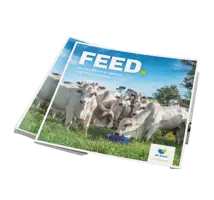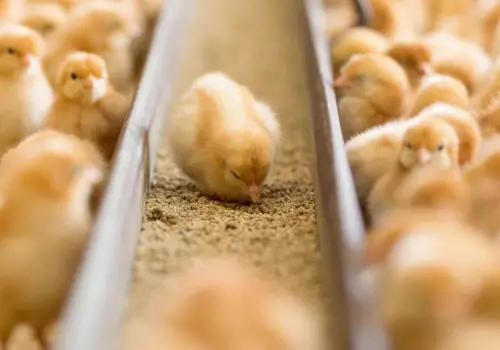
Sustainability
Sustainable Day-Old Chick Breeding in Ghana
 Sustainable Day-Old Chick Breeding in Ghana
Sustainable Day-Old Chick Breeding in Ghana
Sustainability is a crucial consideration for Kuipers Breeders, as we seek to reduce the environmental impact while supporting the local economies. At Kuipers Breeders we believe that establishing a hatchery in Ghana is one of the many effective ways to achieve these goals.
At Kuipers Breeders, we recognise the significant role that knowledge sharing plays a role in empowering and better equipping the farmers who purchase our day-old chicks. We are committed to providing our farmers with the most up-to-date and relevant information to help them achieve success. This means that we are constantly researching and staying current with industry best practices, which we then pass on to our farmers. Our goal is not just to sell day-old chicks but to build lasting relationships with our farmers. We believe that by investing in our farmers’ knowledge and skills, we are contributing to the growth and sustainability of the industry as a whole. We are proud to be a trusted partner to our farmers and are committed to supporting them every step of the way.
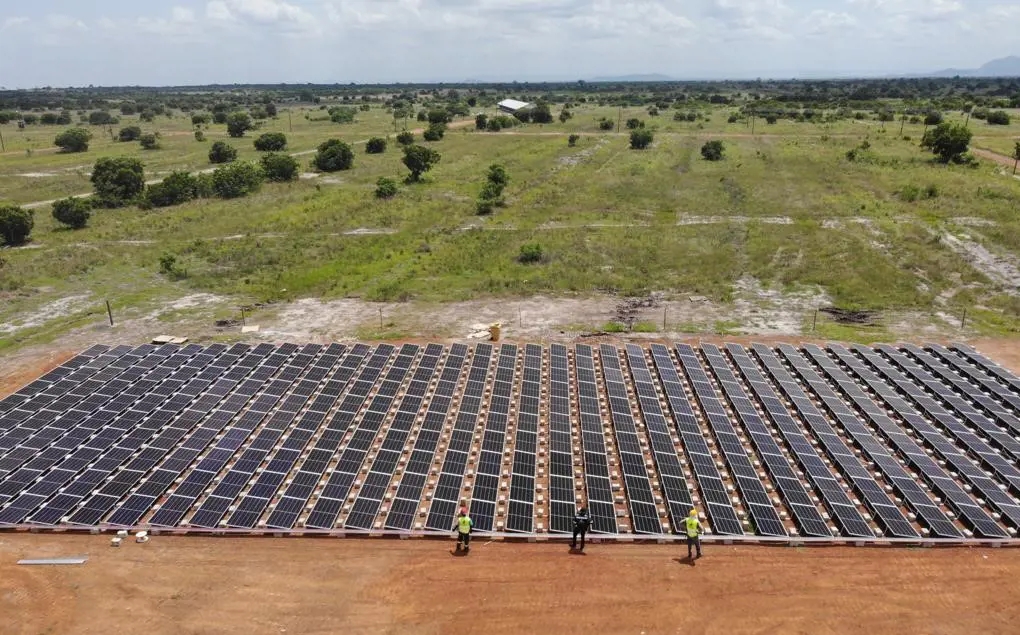
Reducing carbon emissions and benefits to the environment
Having hatcheries located in Ghana can significantly reduce the carbon footprint of day-old chick breeding. By reducing transportation distances, the need for air transportation, which is a major contributor to greenhouse gas emissions, is also reduced. This results in less fuel consumption and fewer emissions.
Impact on the local economy
At Kuipers Breeders we believe that establishing hatcheries in Ghana can have a significant positive impact on the local economy. By reducing import costs, the local poultry meat production can be increased, generating income for local farmers. Moreover, as the industry grows, more jobs are created, which helps to reduce unemployment rates. Additionally, having a local hatchery means that farmers have easy access to day-old chicks, which reduces transportation costs and improves the efficiency of the supply chain. This reduces dependency on international imports of day-old chicks, which not only saves costs but also strengthens the local economy.
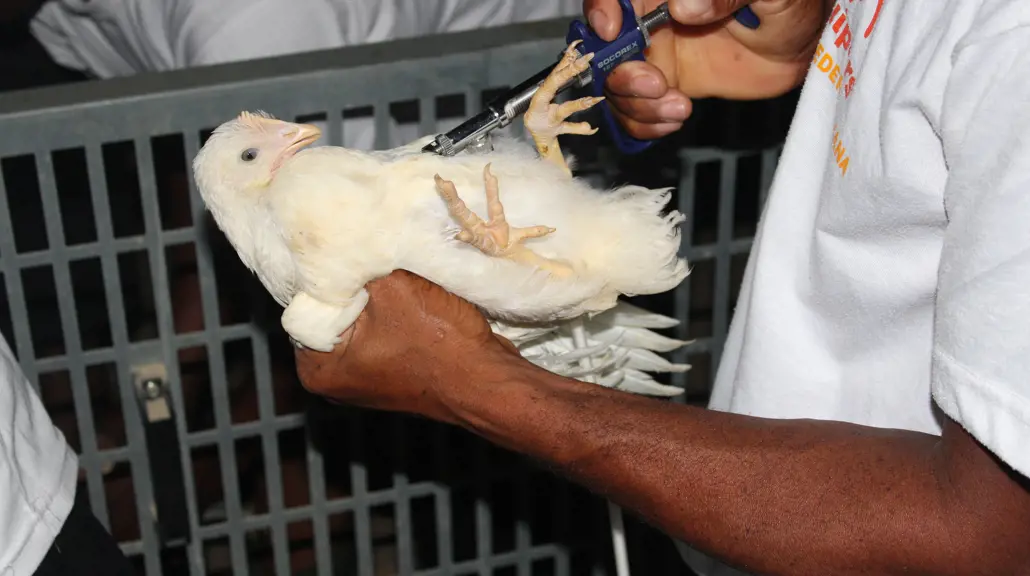
The importance of vaccinating your flock
Our vaccination scheme is carefully designed for both the parent stock and the chicks to ensure their good health and protect them against commonly occurring diseases in the layer sector in Ghana.
Learn more about our vaccinating processAnimal Welfare
Transportation can be stressful for day-old chicks, and reducing transportation distances can significantly improve their welfare. Having a hatchery located in Ghana can achieve this and also reduce the risk of temperature fluctuations during transportation, which can be detrimental to their health.
At Kuipers Breeders we take pride in our commitment to free-range rearing practices, ensuring that the chickens have ample opportunities to freely roam and forage in open spaces. This not only promotes their overall well-being but also underscores the farm's unwavering dedication to responsible and ethical farming practices.
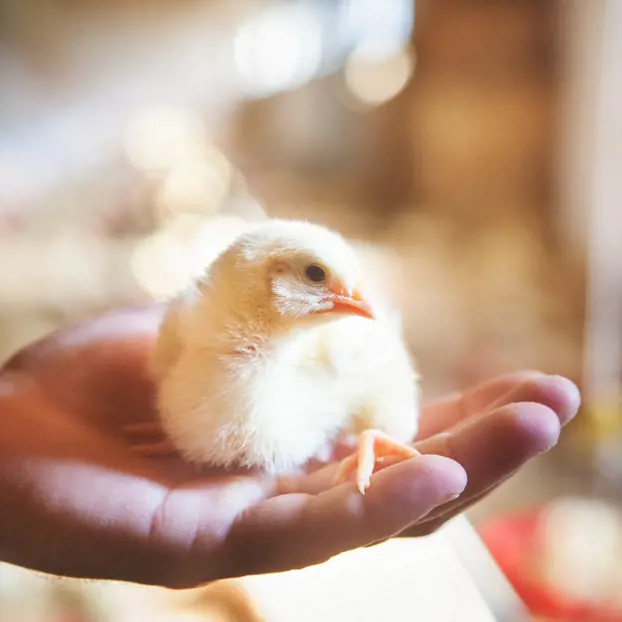
Kuipers Breeders and De Heus partnership
Our partnership with De Heus Animal Nutrition is grounded in our shared commitment to sustainability, animal welfare, and economic development. By establishing hatcheries in Ghana and utilizing sustainable production methods, we can reduce our environmental impact while promoting healthier and more sustainable food production. Additionally, by creating job opportunities and promoting entrepreneurship in the supply chain, we can support the local economy and contribute to the long-term sustainability of the industry. Our partnership is a testament to the fact that by working together, we can achieve our objectives and create positive change in the poultry industry.

Promoting sustainability, animal welfare, and economic development
Our joint sustainability program aims to contribute to a better poultry sector in Ghana by promoting sustainability, animal welfare, and economic development.
